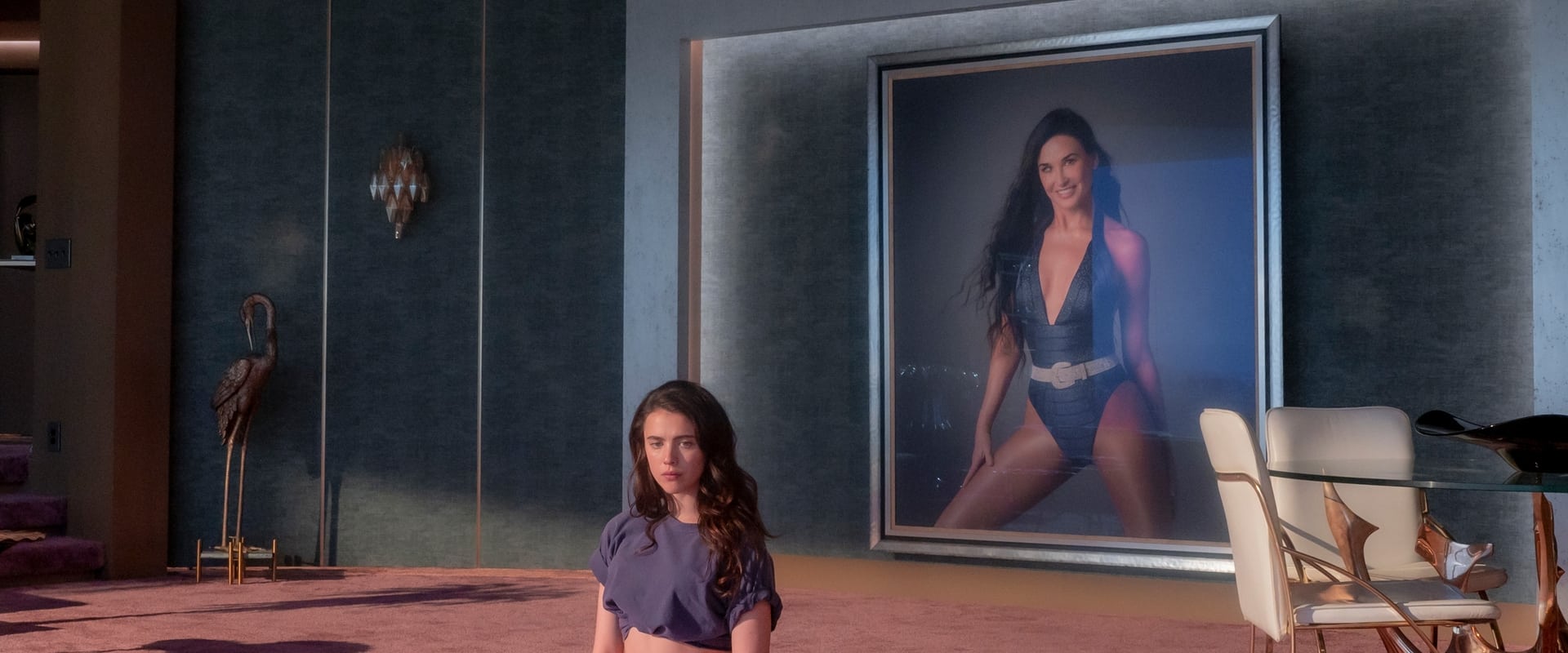Takeshi Kitano’s Outrage lands not just as a gangster flick but as a battered, blood-soaked ledger of every debt—emotional, familial, plain old monetary—the yakuza world has ever dared to hold. You sit there, braced by the opening scene, and suddenly you’re getting battered from all sides: black suits, bad habits, and a bloodlust that feels as methodical and joyless as balancing the books at a slaughterhouse. Kitano doesn’t ask if you’d like to go for this ride—he locks the doors and throws away the keys. This isn’t the steamy, choreographed violence of American pop-gangster films; it’s a meat grinder, and the only question is how many fingers, arms, and heads will get caught in the gears before it grinds to a finish.
Playing Otomo, Kitano himself delivers the kind of performance that borders between parody and prophecy—a dead-eyed, indomitable block of granite who limps through carnage with the weary diligence of a middle manager resigned to another KPI review in Hell. Around him spin a hurricane of indistinguishable crooks, losers, and climbers—names blur, faces blend, alliances whispered in one boardroom and shattered in the next. If you started keeping score at the beginning, you’d run out of ink before intermission.
Outrage is Shakespeare gone feral—ambition and betrayal, not in purple spangled soliloquies but in monosyllables punctuated by broken teeth and effusions of blood. The closest thing to emotional tenderness in this film is a man operating a dental drill on another man’s mouth—with all the clinical concern of a butcher boning a fish. It’s stomach-lurching, yes, but Kitano’s violence isn’t ornamental, it’s punitive; he’s rubbing your nose in a cycle of retribution so mechanized it makes even Michael Corleone seem like a sensitive poet in a support group.
The plot? Something about a blackmail scheme involving a dead prostitute—lifted, with a half-apologetic bow, from The Godfather. But Kitano’s less interested in homage than in showing how thoroughly the genre’s furniture can be repurposed when you strip it of nostalgia and set it alight. You sense he’s performed an autopsy on the American gangster canon and thrown out everything except the bones—then used them to club his own characters senseless.
It doesn’t help that the yakuza bosses here are such joyless, interchangeable hieroglyphs—Ikemoto, Murase, Kato—they pass like bureaucrats in a corridor. The power plays are less chess than Whac-A-Mole: hit one, another pops up, just as bland, just as doomed. Kitano, ever the master, lets Otomo’s stoic cynicism serve as the film’s black beating heart, but you can feel the movie straining under the weight of its own body count. You might find yourself longing for a single character whose betrayal delivers more than a spasm of violence, who earns a flicker of grief.
There’s a bracing, if perverse, power to Kitano’s refusal to mythologize. Where Coppola and Scorsese gave us gangsters as tragic heroes or devils in Armani, Kitano drags us through fluorescent-lit hostess clubs and anonymous backroom casinos until the fidelity to atmosphere becomes almost hallucinatory. Every shiny table, every plush velour sofa, seems flecked with the ghosts of old slaps and fresh gunpowder. He knows how to make the whir of a cheap ceiling fan sound like fate shuffling a deck of death.
Yet for all its technical verve, Outrage is a film less about the particularities of crime than about the entropy of evil—the way all order, all meaning, gets ground to dust by the end. Kitano’s camera is relentless but never feverish; his violence is numbing, procedural, bereft of any catharsis. Even the set pieces—the dentist’s drill, the sudden, casual murders—gather like bruises rather than fireworks. You feel less elated than battered. By the third act, you’re not so much invested in the outcome as resigned to another round of shrugs and funerals.
What keeps Outrage from collapsing under its own grim spell is Kitano’s black, nihilistic humor—a tone so dry you could sand wood with it. He’s the one Japanese director who could smuggle a lament for civilization into a world of gunmetal pragmatism and still have you wondering if he’s just telling an inside joke you'll never quite get. And occasionally, in those rare, flickering moments, you think: if only Tarantino could bring his powder-keg absurdity to this world, all this darkness might, just for a second, catch fire.
Outrage isn’t some tragic meditation on loyalty or the shimmering lost world of the honorable outlaw. It’s a relentless, recursive autopsy—on genre, on humanity, on the very idea of power. Kitano leaves you with the taste of gun oil and old cigarettes, and a feeling that you’ve glimpsed not just a criminal dynasty but a black hole, swallowing cause and effect, love and hate, all distinctions, into one cold, ever-widening void.
This isn’t a celebration. It’s not really even a critique. It’s a dare—how much reality, how much carnage, how much human hollowness can you stomach before you walk away from the table? If you want catharsis, go watch the movies Outrage is dismantling. If you want survival, grit your teeth and hold on—Kitano smiles at you with blood in his teeth, daring you to blink.


